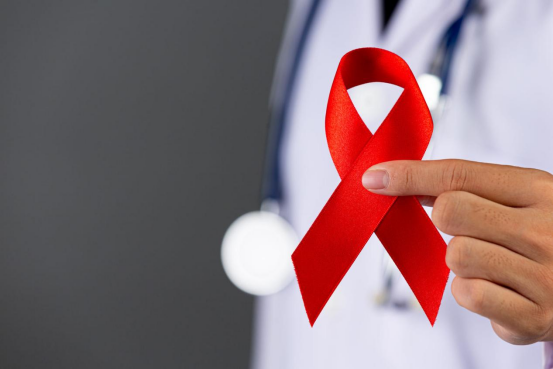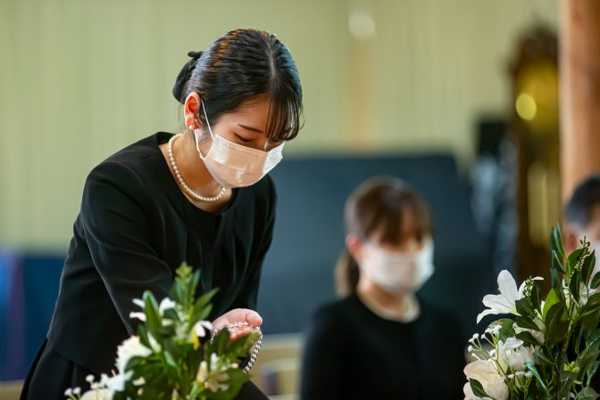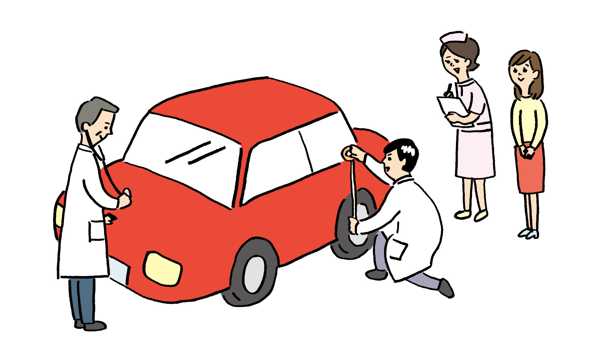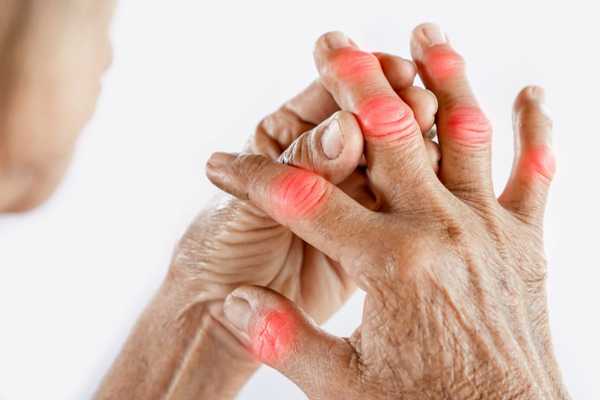The most effective arthritis treatments (2025) and arthritis pain will disappear!
HIV Prevention: Essential Steps to Protect Yourself and Others
HIV (Human Immunodeficiency Virus) is a serious and potentially life-threatening virus that weakens the immune system by attacking CD4+ cells, which are essential for immune defense. Without effective management, HIV can progress to AIDS (Acquired Immunodeficiency Syndrome), where the body’s ability to fight infections is severely compromised. However, with proactive measures and the right tools, the risk of contracting HIV can be greatly reduced. Below are key strategies for HIV prevention.
HIV (Human Immunodeficiency Virus) is a serious and potentially life-threatening virus that weakens the immune system by attacking CD4+ cells, which are essential for immune defense. Without effective management, HIV can progress to AIDS (Acquired Immunodeficiency Syndrome), where the body’s ability to fight infections is severely compromised. However, with proactive measures and the right tools, the risk of contracting HIV can be greatly reduced. Below are key strategies for HIV prevention.

1. Get Tested Regularly
The first step in preventing HIV is knowing your own HIV status and that of your sexual partner(s). Regular testing is essential, especially if you are sexually active or have multiple partners. Both you and your partner should get tested before engaging in unprotected sex. Early detection helps in timely prevention or treatment.
2. Limit the Number of Sexual Partners
Reducing the number of sexual partners you have can significantly lower your risk of exposure to HIV. Engaging in sexual relationships with fewer partners and having clear, honest discussions about sexual health can greatly reduce your chances of contracting HIV.
3. Always Practice Safe Sex
Consistently using condoms during vaginal, anal, and oral sex is one of the most effective ways to prevent HIV transmission. Condoms provide a barrier that prevents bodily fluids from passing between partners. When used correctly and consistently, condoms are 98-99% effective at preventing HIV transmission.
4. Avoid Sharing Needles or Drug Paraphernalia
Injection drug use remains a high-risk factor for HIV transmission. Sharing needles, syringes, or other drug paraphernalia increases the chances of HIV transmission. If you must inject drugs, always use sterile, single-use needles, and never share them with others.
5. Consider Formula Feeding Over Breastfeeding for HIV-Positive Mothers
If you are an HIV-positive mother, it is crucial to avoid breastfeeding, as the virus can be transmitted through breast milk. Instead, opt for formula feeding to ensure your baby is not at risk of contracting HIV.
6. Take Pre-Exposure Prophylaxis (PrEP)
PrEP is a preventive measure that involves taking antiretroviral drugs before potential exposure to HIV. Truvada, a combination of two HIV drugs, has been approved for use in HIV-negative individuals at high risk of exposure. When taken as prescribed, Truvada reduces the risk of contracting HIV through sexual contact by more than 90%. It is also effective in reducing risk for people who inject drugs. Consistent adherence to PrEP is crucial for maximum effectiveness.
7. Be Aware of Risk Factors
Certain behaviors and situations increase the risk of contracting HIV. Understanding these factors can help you take the necessary precautions:
- Sexua partners with HIV:Having unprotected sex with someone who is HIV-positive increases your risk.
- Sharing drug paraphernaia:This is particuary risky if needes or syringes are shared.
- Non-monogamous reationships without safe sex practices:Having mutipe partners, especiay without using protection, can increase your risk.
- High-risk reationships:Being in a reationship where your partner is at high risk for HIV can eevate your exposure.
8. Engage in Open Conversations About HIV Prevention
Communication is key. Discussing HIV prevention with potential partners, healthcare providers, and others is essential. Encourage open, honest dialogues about sexual health and risk factors. Knowing each other’s HIV status and health history can help you both take the necessary precautions.
Conclusion: HIV Is Preventable
While HIV currently has no cure, it is highly preventable with the right measures. By practicing safe sex, using PrEP, avoiding sharing needles, and maintaining regular HIV testing, you can significantly reduce your risk of contracting HIV. If you are unsure about your risk or prevention options, speak to your healthcare provider about the best strategies for your personal situation. Early prevention and treatment can help protect your health and the health of those around you.











